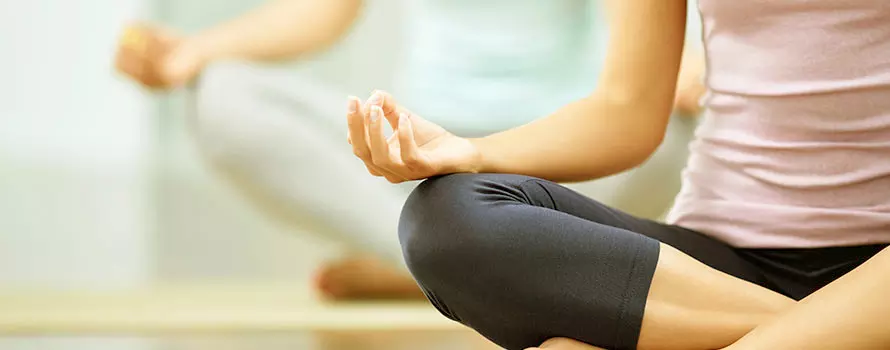Eating Disorder Coping Skills
Learning New Ways to Cope With Stress
Mirasol's alternative approach to eating disorder treatment is based on the conviction that eating disorders are chronic, stress-related conditions. Many eating disorders begin as a way of coping with stress, and since initially it appears to work quite well, the individual may not have the opportunity to develop healthy coping strategies.
There are two types of coping strategies: "approach coping" and "avoidance coping". An individual who uses approach coping skills is someone who takes direct action to deal with the situation that is creating stress. Someone who is uses avoidance strategies will go to any lengths to avoid the cause of the stress.
Individuals with support from family and friends will rely less on avoidance coping methods and more on approach coping methods. Coping skills include information gathering, stopping a certain behavior or action, and using cognitive coping skills that can change the way the person looks at the problem.
Approach coping mechanisms can include:
- Support. Talking about a stressful event with a supportive person can be an effective way to manage stress. Seeking external support instead of self-isolating and internalizing the effects of stress can often greatly reduce the negative effects of a difficult situation.
- Relaxation. Any number of relaxing activities can help people cope with stressful situations. Relaxing activities may include practicing meditation, progressive muscle relaxation, or calming techniques; sitting in nature; or listening to soft music, for example.
- Problem-solving. This coping mechanism involves identifying a problem that is causing stress and then developing and putting into action some potential solutions for effectively managing it.
- Humor. Making light of a stressful situation may help people maintain perspective and prevent the situation from becoming overwhelming.
- Physical activity. Exercise can serve, for many people, as a natural and healthy form of stress relief. Running, yoga, swimming, walking, dance, team sports, and many other types of physical activity can help people cope with stressful situations and the aftereffects of traumatic events.
Coping Mechanisms and Mental Health
The use of effective coping skills can often help improve mental and emotional well-being. People who are able to adjust to stressful or traumatic situations (and the lasting impact these incidents may have) through productive coping mechanisms may be less likely to experience anxiety, depression, and other mental health concerns as a result of painful or challenging events.



